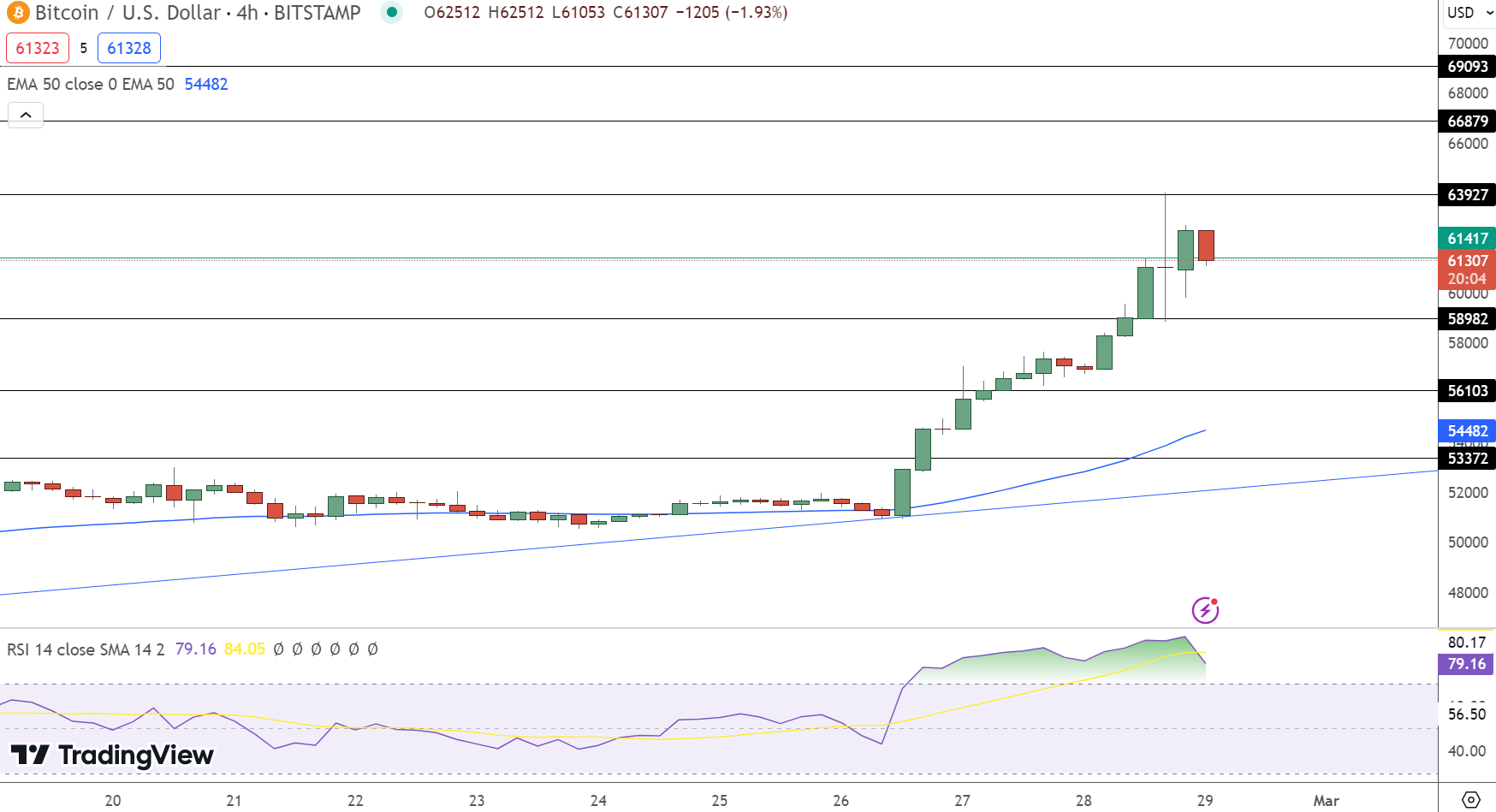Upcoming France-Poland Friendship Treaty: Key Details And Significance

Table of Contents
Strengthened Military Cooperation
The cornerstone of the France-Poland Friendship Treaty is the commitment to significantly bolster military cooperation. This collaboration is crucial given the current security environment in Europe.
Enhanced Joint Military Exercises
The treaty will lead to a substantial increase in joint military exercises between France and Poland. These exercises will cover a broad spectrum of modern warfare, including:
- Cyber warfare simulations: Preparing both nations for the evolving threats in the digital domain.
- Large-scale land maneuvers: Improving interoperability and combat readiness in traditional warfare scenarios.
- Joint air and naval operations: Strengthening combined capabilities in air defense and maritime security.
The sharing of cutting-edge military technology and equipment will further enhance interoperability and effectiveness. This could include the exchange of intelligence and data pertaining to defense systems, allowing for a more coordinated and unified approach to defense strategies.
Increased Intelligence Sharing
Improved intelligence sharing mechanisms are a crucial component of the strengthened military cooperation. This will enable both countries to more effectively address shared security challenges, such as:
-
Counter-terrorism efforts: Sharing intelligence to prevent and disrupt terrorist activities.
-
Regional stability initiatives: Working together to mitigate potential conflicts and maintain regional peace.
-
Combating hybrid warfare: Developing joint strategies to counter disinformation campaigns and other forms of hybrid threats.
-
Examples of past joint military operations: While not extensive, past smaller-scale exercises have demonstrated a foundation of trust and willingness to collaborate.
-
Potential locations for future exercises: Exercises are likely to take place in both Poland and France, as well as potentially in other NATO member states.
-
Benefits of intelligence sharing: Improved threat assessment, proactive counter-measures, and enhanced national security for both nations.
Economic Collaboration and Trade Agreements
Beyond military cooperation, the France-Poland Friendship Treaty aims to significantly boost economic collaboration and bilateral trade.
Boosting Bilateral Trade
Current trade figures already show a positive trend, but the treaty anticipates even more significant growth. Key sectors set to benefit include:
- Agriculture: Enhanced collaboration in agricultural production and trade.
- Energy: Joint development of renewable energy sources and improved energy security.
- Technology: Collaboration in research and development, and increased technology transfer.
The treaty will likely include provisions to streamline trade processes, reduce bureaucratic hurdles, and foster a more favorable investment climate.
Investment Opportunities
The France-Poland Friendship Treaty opens up substantial investment opportunities for businesses in both countries. Areas of mutual interest include:
-
Infrastructure development: Investment in transportation, energy, and communication infrastructure.
-
Green technologies: Collaboration in the development and deployment of renewable energy technologies.
-
High-tech manufacturing: Joint ventures and investments in advanced manufacturing sectors.
-
Key trade agreements between France and Poland: Existing agreements form a solid base, and the new treaty will build upon this.
-
Specific industries poised for growth: The focus on green technologies and digitalization will drive expansion in relevant sectors.
-
Incentives for foreign investment: Both countries are likely to offer incentives to attract foreign investment to key sectors.
Cultural Exchange and People-to-People Diplomacy
The France-Poland Friendship Treaty recognizes the importance of cultural exchange in strengthening bilateral relations. A key aspect is the enhancement of people-to-people diplomacy.
Educational and Cultural Programs
The treaty will likely promote various initiatives to foster greater understanding and cooperation between the two nations:
- Student exchange programs: Increased opportunities for students to study and experience life in each other's countries.
- Joint research projects: Collaboration between universities and research institutions.
- Cultural festivals and events: Showcasing the arts and culture of both France and Poland.
Tourism Promotion
Increased tourism is a significant aspect of people-to-people diplomacy. The treaty will likely include provisions to promote tourism between the two countries, highlighting the rich historical and cultural heritage of both nations.
- Examples of existing cultural exchange programs: These will be expanded and further strengthened.
- Potential areas for future collaborations: The potential for collaboration spans a wide spectrum of artistic endeavors, including film, music, literature, and the visual arts.
- Marketing and promotion strategies for tourism: Joint marketing campaigns will be crucial in attracting tourists from both countries.
Geopolitical Implications of the France-Poland Friendship Treaty
The France-Poland Friendship Treaty carries significant geopolitical implications for Europe and beyond.
Strengthening the EU's Eastern Flank
The treaty significantly contributes to strengthening the security of the EU's eastern flank. This strengthened partnership will enhance NATO's presence and deter potential aggression.
Counterbalancing Russian Influence
The agreement also plays a role in counterbalancing Russian influence in Central and Eastern Europe, contributing to regional stability and security.
- Assessment of current geopolitical tensions in the region: The treaty is a response to these ongoing tensions.
- Analysis of the treaty's impact on regional stability: It aims to promote a more secure and stable environment.
- Potential responses from other international actors: Other countries will likely observe the treaty's development and impact.
Conclusion
The upcoming France-Poland Friendship Treaty represents a significant step towards strengthening the bilateral relationship between France and Poland. The advancements in military cooperation, economic collaboration, cultural exchange, and geopolitical significance underscore its importance for both nations and Europe as a whole. This landmark agreement offers a robust framework for enhanced security, economic prosperity, and cultural understanding.
To stay informed about the signing and implementation of the France-Poland Friendship Treaty, follow official government websites and reputable news sources. Understanding this crucial agreement is essential for comprehending the future trajectory of Europe. Stay informed about the latest developments concerning the France-Poland Friendship Treaty – its success is crucial for the future stability and prosperity of the region.

Featured Posts
-
 Adae Fyraty Me Alerby Alqtry Thlyl Bed Antqalh Mn Alahly Almsry
May 09, 2025
Adae Fyraty Me Alerby Alqtry Thlyl Bed Antqalh Mn Alahly Almsry
May 09, 2025 -
 The Billionaire Without Berkshire Shares A Potential Canadian Successor To Buffett
May 09, 2025
The Billionaire Without Berkshire Shares A Potential Canadian Successor To Buffett
May 09, 2025 -
 Bitcoin Price Prediction Trumps 100 Day Speech And The 100 000 Target
May 09, 2025
Bitcoin Price Prediction Trumps 100 Day Speech And The 100 000 Target
May 09, 2025 -
 The Ultimate Stephen King Reading List 5 Books You Cant Miss
May 09, 2025
The Ultimate Stephen King Reading List 5 Books You Cant Miss
May 09, 2025 -
 How Jazz Cash And K Trade Are Democratizing Stock Trading In Pakistan
May 09, 2025
How Jazz Cash And K Trade Are Democratizing Stock Trading In Pakistan
May 09, 2025
Latest Posts
-
 Is Betting On Wildfires Like The La Fires Ethical Exploring The Moral Implications
May 10, 2025
Is Betting On Wildfires Like The La Fires Ethical Exploring The Moral Implications
May 10, 2025 -
 Land Your Dream Private Credit Job 5 Essential Tips
May 10, 2025
Land Your Dream Private Credit Job 5 Essential Tips
May 10, 2025 -
 Landlord Price Gouging In The Wake Of La Fires A Selling Sunset Stars Perspective
May 10, 2025
Landlord Price Gouging In The Wake Of La Fires A Selling Sunset Stars Perspective
May 10, 2025 -
 The Countrys Hottest New Business Locations A Geographic Analysis
May 10, 2025
The Countrys Hottest New Business Locations A Geographic Analysis
May 10, 2025 -
 Blue Origins New Shepard Launch Delayed By Subsystem Issue
May 10, 2025
Blue Origins New Shepard Launch Delayed By Subsystem Issue
May 10, 2025
